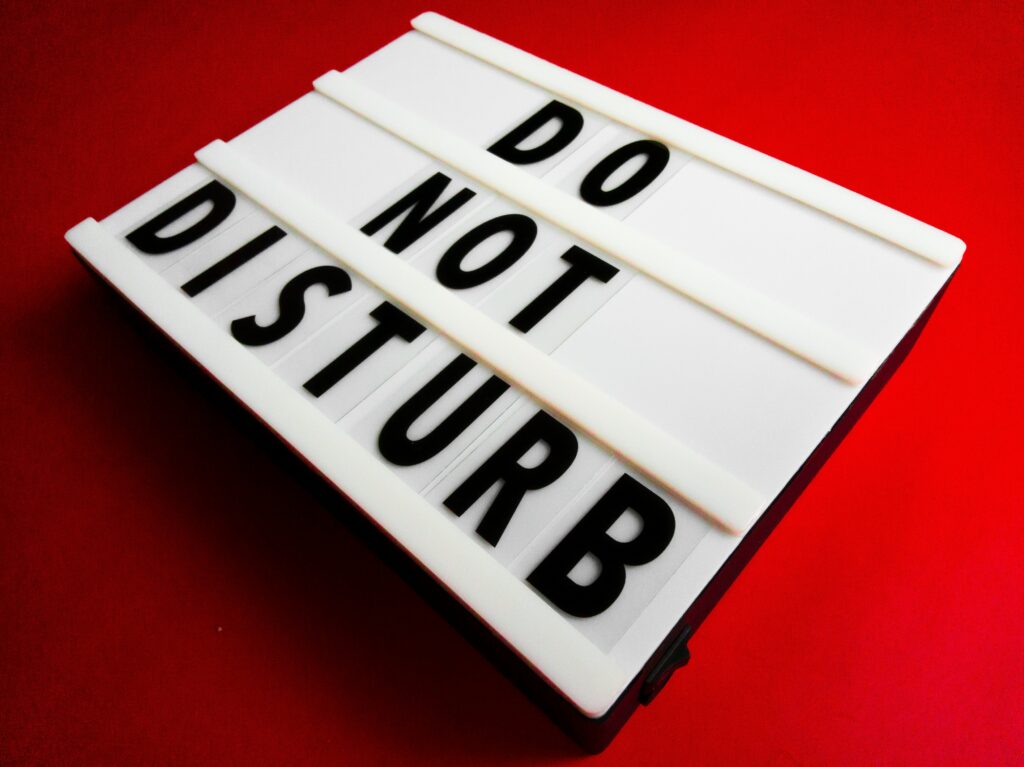
If you have been charged with disorderly conduct in New Jersey, it is essential to understand the nature of the charge and its potential consequences. Disorderly conduct is a common offense in the state, but many people do not fully understand what it entails. It’s important to understand a disorderly conduct charge so you can properly navigate the legal situation and get the help you need.
Defining Disorderly Conduct
Disorderly conduct is different from other charges in that it is a catch-all offense that can encompass a wide range of behaviors. In general, it refers to any behavior that disturbs the peace or causes a public nuisance. This can include anything from loud arguments and brawling to shouting or using obscene language in public.
Some common examples of disorderly conduct include:
- Fighting in public
- Creating a disturbance at a public event or gathering
- Using loud or offensive language in a public place
- Being drunk and disorderly in public
- Engaging in lewd behavior in public
In order to be convicted of disorderly conduct, the prosecution must prove that you engaged in behavior that was likely to cause public disturbance, and that you intended to do so. This means that if you were simply arguing with someone in public and did not intend to cause a disturbance, you may have a valid defense against the charge.
Consequences
If you are convicted of disorderly conduct in New Jersey, the consequences can vary depending on the circumstances of the offense. In most cases, disorderly conduct is considered a petty disorderly persons offense, which carries a maximum penalty of 30 days in jail and a fine of up to $500. However, if you are convicted of disorderly conduct in a public place while under the influence of drugs or alcohol, the penalties can be more severe. In this case, disorderly conduct is considered a disorderly persons offense, which carries a maximum penalty of six months in jail and a fine of up to $1,000.
In addition to these criminal penalties, a disorderly conduct conviction can also have other consequences. For example, if you are convicted of disorderly conduct, it will show up on your criminal record, which can make it more difficult to find employment, obtain housing, or apply for loans.
Get Trusted Help
If you have been charged with disorderly conduct in New Jersey, it is important to seek the advice of an experienced defense attorney. A skilled attorney can help you understand the charges against you and develop a strong defense strategy to fight the charges.
At the Law Offices of Mark Catanzaro, we have extensive experience defending clients against all sorts of charges including disorderly conduct. We understand the nuances of the law and can help you navigate the criminal justice system with confidence.
Our team of skilled attorneys will work tirelessly to protect your rights and ensure that you receive a fair trial. If you have been charged with disorderly conduct in New Jersey, don’t wait to seek legal advice. Contact Catanzaro Law today to schedule a free consultation and learn more about how we can help you defend against these charges!